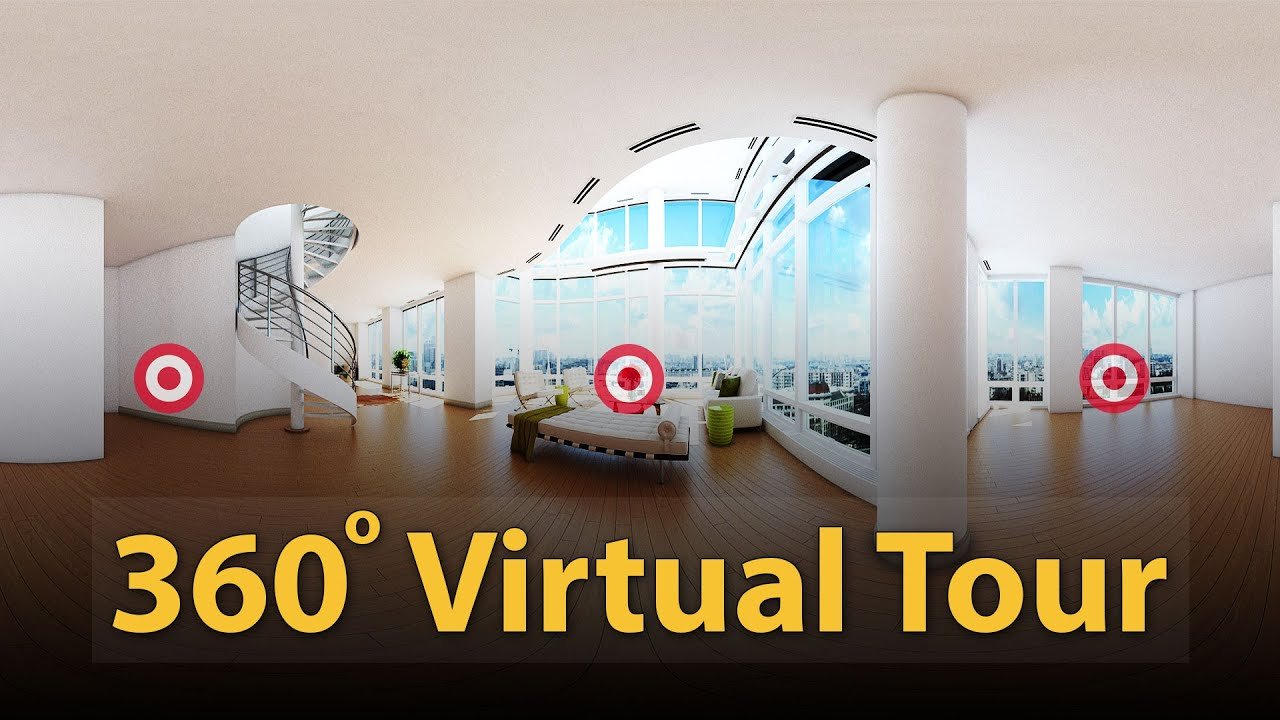In a world that craves experiences and embraces digitalization, virtual tours have emerged as a game-changing service that offers an immersive and revolutionary way to explore places and spaces. From real estate to travel, education to marketing, virtual tours have become an essential tool, transforming the way we interact with the world. This blog post uncovers the significance of virtual tours and how this innovative service is shaping various industries.
Real Estate Redefined:
For prospective homebuyers and renters, virtual tour have revolutionized the property search process. Gone are the days of physically visiting every property, as virtual tour allow potential clients to explore multiple listings from the comfort of their homes. With detailed 360-degree views and interactive features, virtual tours provide a true-to-life experience, enabling viewers to gauge the layout, size, and ambiance of a property. This not only saves time and effort for both buyers and sellers but also increases the chances of qualified leads and faster property sales.

Travel Without Boundaries:
Virtual tour have opened up a world of possibilities for travel enthusiasts. Wanderlust seekers can now embark on virtual journeys to iconic landmarks, historical sites, and exotic destinations, all with the click of a button. Museums, national parks, and cultural attractions have embraced virtual tours, granting global access to their treasures. Not only does this democratize travel, but it also serves as a powerful marketing tool for tourist destinations, enticing visitors to experience the real thing once they are ready to venture on-site.
Revolutionizing Education:
In the realm of education, virtual tour have redefined the concept of experiential learning. Students can now explore distant cities, delve into historical eras, and dissect scientific marvels from their classrooms. Interactive virtual tours spark curiosity, enhance engagement, and deepen understanding by immersing learners in visually rich environments. Whether it’s exploring ancient civilizations or witnessing natural phenomena, virtual tour enrich educational experiences and make learning exciting and accessible to all.
Enhanced Marketing and Customer Engagement:
Businesses across various industries are leveraging virtual tour to enhance their marketing efforts. From showcasing hospitality venues and event spaces to exhibiting product showrooms and retail stores, virtual tour offer a unique way to captivate customers and drive conversions. The ability to interact with a space virtually fosters a sense of connection and familiarity, leading to increased customer confidence and a higher likelihood of making informed decisions.
Building Trust and Transparency:
Virtual tour provide transparency and authenticity, two crucial factors in gaining trust from consumers. For businesses, especially in the real estate and hospitality sectors, virtual tours build credibility by showcasing their offerings as they are, without any visual embellishments. This fosters trust among potential customers, leading to a stronger and more positive brand perception.
Conclusion:
As technology continues to advance, the importance of virtual tours in various industries will only grow. This innovative service not only caters to the demands of today’s digital-savvy consumers but also transcends geographical limitations, making the world more accessible. Whether it’s fostering engaging educational experiences, revolutionizing the real estate market, or offering virtual escapades for travel enthusiasts, virtual tours have become a transformative tool that brings people closer to places and experiences they desire. Embracing virtual tours is not just a technological upgrade; it is a step towards unlocking endless possibilities and providing enriching experiences in a rapidly evolving digital landscape.











